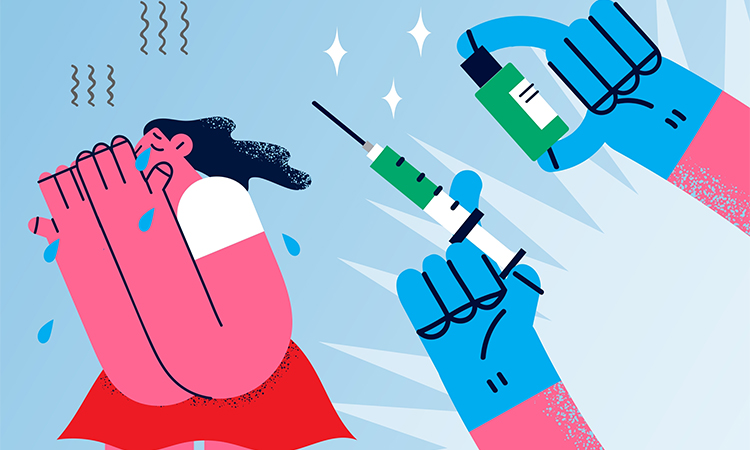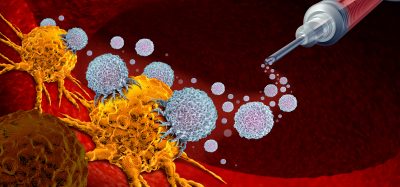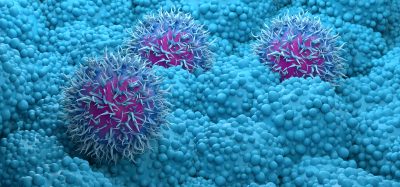A promising oral drug delivery platform could replace injections with pills
Posted: 6 January 2023 | Ria Kakkad (Drug Target Review) | No comments yet
The researchers explored the possibility of using the probiotic bacteria Lactobacillus reuteri as a novel oral drug delivery platform to treat rheumatoid arthritis in an animal model.

Researchers at Baylor College of Medicine, US, and collaborating institutions have explored a better way of delivering medications that does not require injections but could be as easy as swallowing a pill. Details regarding the novel oral drug delivery platform appears in the Proceedings of the National Academy of Sciences.
“In the current work, we explored the possibility of using the probiotic bacteria Lactobacillus reuteri (L. reuteri) as a novel oral drug delivery platform to treat rheumatoid arthritis in an animal model,” said co-corresponding author Dr Christine Beeton.
For chronic conditions such as rheumatoid arthritis, treatment often involves lifelong injections. Fear of needles, injection-associated infection and pain are responsible for patients skipping doses, which encourages the development of new delivery strategies that combine efficacy with limited side effects to treat patients adequately.
Previous work from the Beeton lab had shown that a peptide, or short protein, derived from sea anemone toxin effectively and safely reduces disease severity in rat models of rheumatoid arthritis and patients with plaque psoriasis. “However, peptide treatment requires repeated injections, reducing patient compliance, and direct oral delivery of the peptide has low efficacy,” Beeton said.
Beeton joined forces with Dr Robert Britton, whose lab has developed the tools and expertise to genetically modify probiotic bacteria to produce and release compounds. In the current study, the team bioengineered the probiotic L. reuteri to secrete peptide ShK-235 derived from sea anemone toxin.
They chose L. reuteri because these bacteria are indigenous to human and other animal guts. It is one of the lactic acid bacteria groups that has long been used as a cell factory in the food industry and is recognised as safe by the US Food and Drug Administration (FDA)
“The results are encouraging,” Beeton said. “Daily delivery of these peptide-secreting bacteria, called LrS235, dramatically reduced clinical signs of disease, including joint inflammation, cartilage destruction and bone damage in an animal model of rheumatoid arthritis.”
The researchers followed bacteria LrS235 and the peptide ShK-235 it secretes inside the animal model. They found that after feeding rats live LrS235 that release ShK-235, they could detect ShK-235 into the blood circulation.
“Another reason we chose L. reuteri is that these bacteria do not remain in the gut permanently. They are removed as the gut regularly renews its inner surface layer to which the bacteria attach,” Beeton said. “This opens the possibility for regulating treatment administration.”
More research is needed to bring this novel drug delivery system into the clinic, but the researchers anticipate that it could make treatment easier for patients in the future. “These bacteria could be stored in capsules that can be kept on the kitchen counter,” Beeton said. “A patient could take the capsules when on vacation without the need of refrigeration or carrying needles and continue treatment without the inconvenience of daily injections.”
The findings provide an alternative delivery strategy for peptide-based drugs and suggest that such techniques and principles can be applied to a broader range of drugs and the treatment of chronic inflammatory diseases.
Related topics
Animal Models, Disease Research, Drug Delivery, Peptide Therapeutics
Related conditions
rheumatoid arthritis
Related organisations
Baylor College of Medicine
Related people
Dr Christine Beeton, Dr Robert Britton






